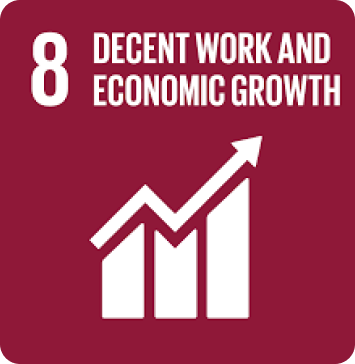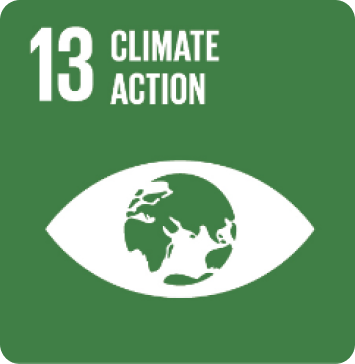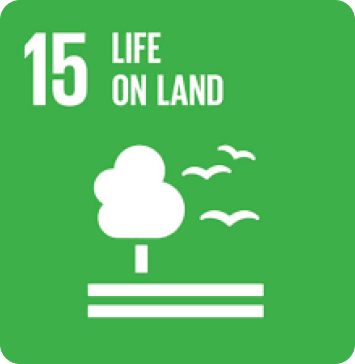Country: Zimbabwe
HDC Zimbabwe - Navigating the Carbon Market Opportunities in Zimbabwe’s Agricultural Communities.
About The Training
This initiative aims to empower Zimbabwe’s agricultural communities by enhancing their engagement in the carbon market. Spearheaded by Verst Carbon, the project focuses on helping farmers and agricultural stakeholders understand and tap into carbon offset opportunities.
The project revolves around a comprehensive educational webinar covering four critical modules: Carbon Project Development, Article 6 of the Paris Agreement, Agricultural Land Management (ALM), and Biochar Production. The goal is to provide practical knowledge that can help agricultural communities increase productivity, boost resilience, and engage in carbon market mechanisms.
The Problem

Zimbabwe’s agricultural sector faces significant challenges due to climate change, with conventional farming practices contributing to land degradation, deforestation, and increased greenhouse gas emissions. At the same time, these communities struggle with limited access to financing for implementing climate-smart practices, which could both enhance productivity and mitigate climate change. The lack of knowledge about carbon markets and the mechanisms for earning carbon credits makes it difficult for agricultural stakeholders to capitalize on these opportunities. This gap not only limits the potential of farmers to increase their income but also hampers efforts to transition to more sustainable, climate-friendly agricultural practices.
The Solution

The “Navigating the Carbon Market Opportunities in Zimbabwe’s Agricultural Communities” project addresses these challenges through a structured approach that focuses on education and practical application. The webinar, central to the project, consists of four key modules designed to introduce Zimbabwean farmers to the concept of carbon markets and how to participate effectively:
Carbon Project Development
This module introduces the fundamentals of carbon offset projects, including the key concepts of additionality, baselines, and monitoring, reporting, and verification (MRV) protocols. It helps farmers understand how their activities, such as reforestation or methane reduction, can generate carbon credits.
Agricultural Land Management (ALM)
The ALM module promotes climate-smart agriculture (CSA) practices such as biochar production, rotational grazing, agroforestry, and methane reduction from livestock. It emphasizes how adopting these practices can not only improve resilience to climate change but also generate carbon credits through measurable emissions reductions.
Article 6 of the Paris Agreement
This section explains the mechanisms of Article 6, with a particular focus on Internationally Transferred Mitigation Outcomes (ITMOs). It highlights how agricultural communities can benefit from cross-border carbon trade and voluntary cooperation in reducing emissions.
Biochar Production
This module delves into the process of producing biochar and its benefits for carbon sequestration and soil health. Biochar is a byproduct of biomass, which, when used correctly, can significantly enhance soil fertility while locking carbon in the ground, making it a potent tool for climate mitigation.
Impact Made So Far
The project is expected to create widespread benefits by helping Zimbabwean agricultural communities engage with carbon markets. By introducing climate-smart agriculture practices and biochar production, the project will directly contribute to emissions reductions and improved agricultural productivity. Farmers who implement these practices will not only increase their resilience to the impacts of climate change but also have the opportunity to generate
additional revenue through carbon credits. Additionally, the project draws on successful examples from Kenya, where clean cooking technologies and biochar initiatives have been integrated into carbon market projects. By showcasing these case studies, the project aims to inspire and guide Zimbabwean agricultural communities to adopt similar practices, ultimately leading to increased participation in global carbon markets.
Sustainable Development Goals (SDGs)
Climate Action (SDG 13): The adoption of practices like biochar production and agroforestry will reduce carbon emissions from agricultural activities, contributing to Zimbabwe’s climate goals and the global fight against climate change. Decent Work and Economic Growth (SDG 8): Engaging in carbon markets provides farmers with new income streams, enhancing their livelihoods while promoting sustainable agricultural practices. Life on Land (SDG 15): By promoting sustainable land management techniques such as rotational grazing and agroforestry, the project supports biodiversity, soil health, and ecosystem restoration, reducing the degradation of agricultural land.


